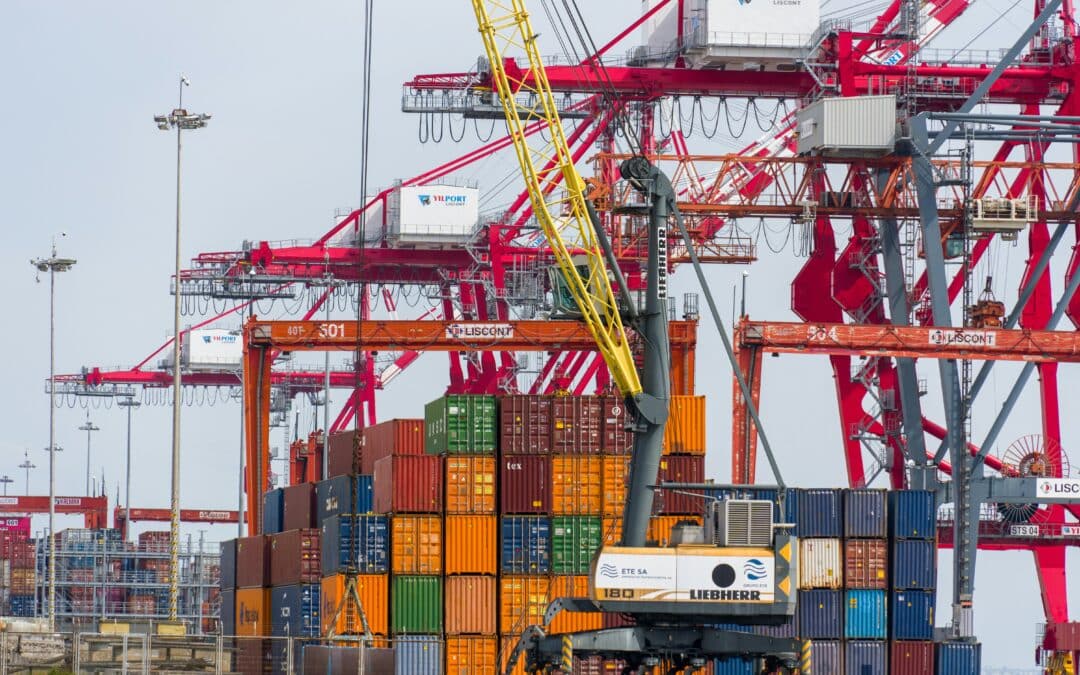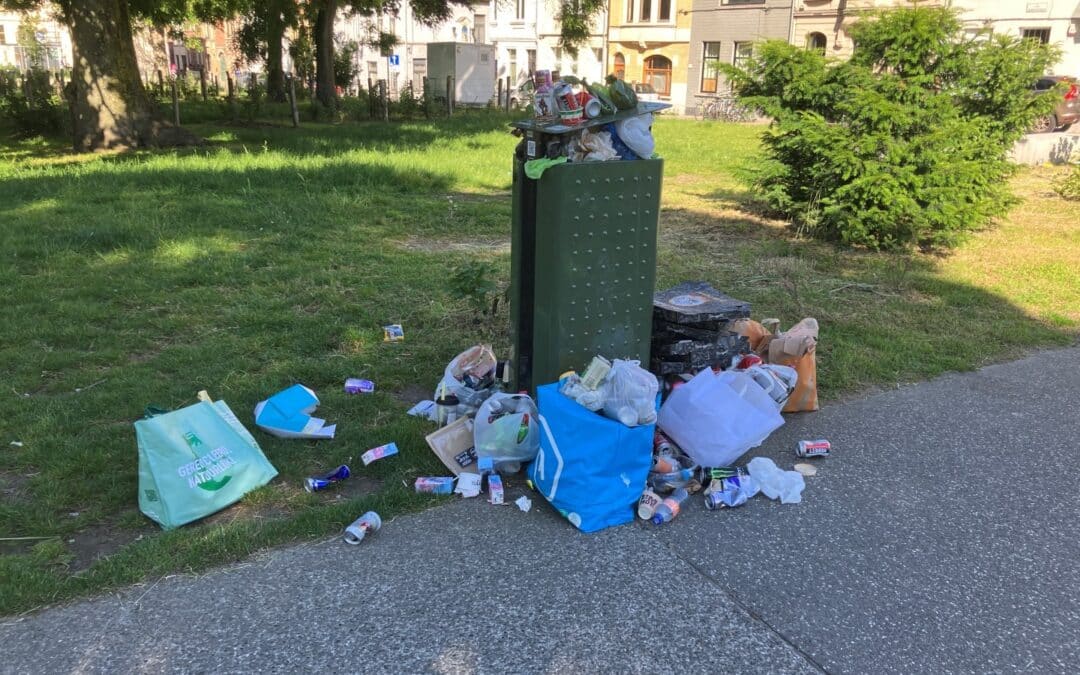This entails a huge expansion of the current deposit return system in the Netherlands. “After decades of resistance by industry, this government’s decision is excellent news in the fight against plastic pollution”, director Rob Buurman of environmental NGO Recycling Netwerk Benelux reacts.
Currently, only plastic bottles larger than 1 liter have a deposit in the Netherlands. On the 1st of July 2021, small bottles under 1 liter will come with a deposit amount of minimum 0.15 euro. Each year, 1 billion small plastic bottles are sold in the Netherlands. Between 50 and 100 million of them end up in litter. The Dutch authorities are also preparing legislation for deposits on beverage cans.
In 2017, Recycling Netwerk Benelux co- founded the Statiegeldalliantie (Deposit Return System Alliance) in order to give a voice to Dutch and Belgian proponents of a deposit return system (DRS) on all plastic bottles and cans. The alliance grew very rapidly and today counts 1055 Dutch and Belgian consumer organisations, farmer organisations, municipalities, and a wide variety of organisations and companies.
In the process, the Dutch authorities commissioned a study on the economic and environmental benefits of DRS. The results were very convincing. In every scenario the estimated net benefits for businesses (31 – 121 million euro) outweigh the costs (10 – 110 million euro). They would also save between 5.5 and 8 million euro on alternative collection systems. And additionally, municipalities could save between 83 and 90 million euro on the costs of cleaning up plastic bottles and cans and emptying public garbage bins. DRS is expected to reduce the amount of these beverage containers in the environment with 70-90% and significantly increase recycling rates of plastic bottles and cans.
Over the years, Dutch supermarkets and beverage producers have made promises over and over again to reduce plastic bottles and cans in litter and have failed to do so every time. The government gave industry, which was still heavily lobbying against DRS, one last chance to reduce the number of plastic bottles in the environment with at least 70% between 2017 and 2019. In these two years, however, the amount of plastic bottles in litter actually increased with 7% and the cans increased with 16%, according to the official monitoring results.
Importantly, the European Directive on Single-Use Plastics demands that Member States achieve a 90% separate collection of plastic bottles by the end of the decade. The Netherlands has advanced its national deadline and is determined to reach this 90% separate collection target already in 2022 by means of DRS.
“By implementing a deposit on small plastic bottles, the Netherlands takes a big step. The Dutch government shows that this is no time to delay or abandon our environmental ambitions. Even in difficult times it’s possible to make good policy decisions that will benefit the economy, society and the environment, rather than bowing to industry attempts to use the pandemic as an excuse for backsliding on popular initiatives”, director Rob Buurman of Recycling Netwerk Benelux says.
Press contact: Tom Zoete rob@fairresourcefoundation.org
Related articles:
https://www.dutchnews.nl/news/2020/04/dutch-introduce-15-cent-deposits-on-small-plastic-drinks-bottles-from-2021/
Ministers urged not to delay plans for deposit return scheme for Scotland



